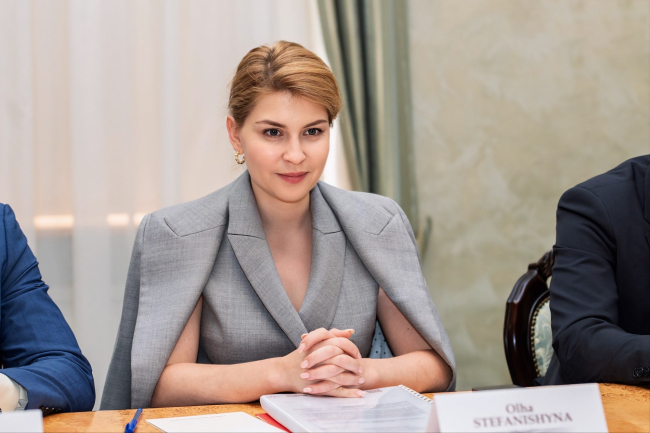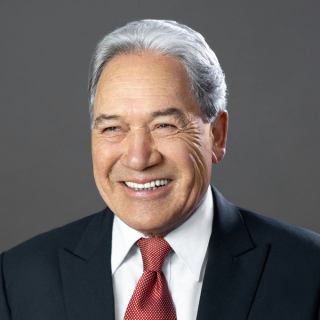
Practical information
Registration for this event is now closed.
While Russia and the United States have enjoyed record high export prices for their gas and competitive supplies at home, Europe, alongside other importers, has suffered from record gas bills and physical supply restrictions.

The situation is complex with multiple supply, demand and trade aspects coming into play, and has spilled over to electricity markets in Europe, which were already under strain by lower wind and nuclear generation. To say the least, Europe has been hit by a perfect storm of gas market economics, weather and geopolitics at the time of the recovery, Fit-for-55 acceleration and critical elections in Germany and France.
This webinar will lay out the global picture to discuss what can be expected in 2022 and onwards in times of high volatility and uncertainties.
- Back to the 2000s: gas supply security in tatters and dash for coal: Marc-Antoine Eyl-Mazzega, Director, Center for Energy & Climate, Ifri
- Will the coal demand surge last and what will be the impact on gas markets? Sylvie Cornot-Gandolphe, Associate Fellow, Ifri
- China’s recovery in 2022: more gas imports or will coal bounce back? Kevin Tu, non-resident Associate Fellow, Ifri
- Russia’s gas supplies and exports: will higher exports allow to replenish European storages? Tatiana Mitrova, Director of Research, Skolkovo Energy Center
- A new Atlantic supply corridor: US LNG to the rescue? Leslie Palti-Guzman, President, Gas Vista
Chair: Carole Mathieu, Head of EU Policies, Center for Energy & Climate, Ifri
Find out more
The Energy Price Crises: A Reality Check for Europe’s Green Deal
On its path to carbon neutrality, the European Union (EU) will be exposed to growing energy price volatility and vulnerable to Russian and Chinese pressure on supply and demand.
Other events

Navigating War, Reforms, and Secure Future: Ukraine’s EU and NATO Accession Path
Exclusive conve

Lunch debate with Winston Peters, Deputy Prime Minister and Minister of Foreign Affairs of New Zealand
Discussion co-chaired by Thierry de Montbrial, Executive Chairman of Ifri, member of the Academy of Moral and Political Sciences, and Marc Hecker, Deputy Director of Ifri (in English without translation).

Shaping Europe’s Technological Sovereignty
In the wake of Donald Trump's re-election in the United States, Europeans face a crucial imperative: rethinking their sovereigny, especially in the technological realm. What will be the strategic priorities and action levers of the new European Commission on this issue? What assessment can we make of the previous Commission’s achievements and challenges in navigating Sino-American technological competition, transatlantic dependencies, and emerging global partnerships?











